Girl's vaccination
One of the main causes of cervical cancer is the infection of human papilloma virus (HPV). This is the group of viruses that includes more than 100 genotypes. The virus is rather widespread, and it is easy to get infected not only during sex act, but also by means of touching genitalia. At this, the oncologic disease development can take place within a short period after HPV infecting.
The only effective way to prevent HPV infecting is vaccination, because even the use of condom does not provide 100% protection against the infection. As a rule, the vaccination includes the most harmful genotypes (16 and 18) which, according to international researches, provoke cervical cancer.


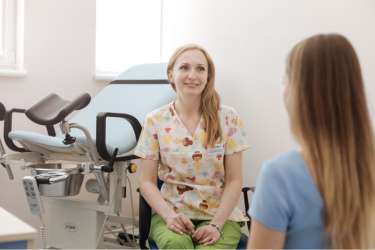
Benefits of vaccination
Depending on vaccine type, HPV vaccination is performed at the age from 9 to 12. For complete immune response the vaccine is injected 3 times at intervals between the vaccinations from 5 months to 1 year. 7 months after the vaccination are needed to form absolute immunity. Therefore, the immunity will be completely developed by the puberty.
Apart from reduction of the cervical cancer risk (up to 90%), vaccination reduces the risk of development of other oncological diseases, such as vaginal cancer (97%) and rectal cancer (77%). The vaccine also prevents the appearance of warts on genitalia.
Our advantages
Make an appointment for a consultation
Choose the nearest clinic to you
ISO certificates
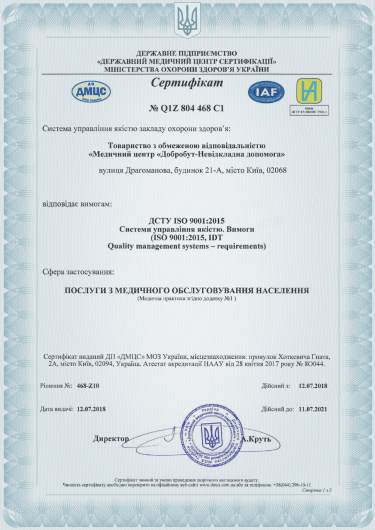
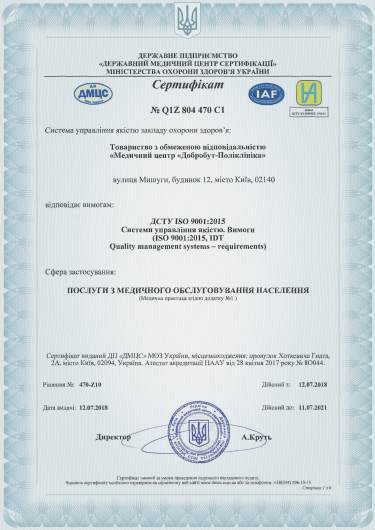
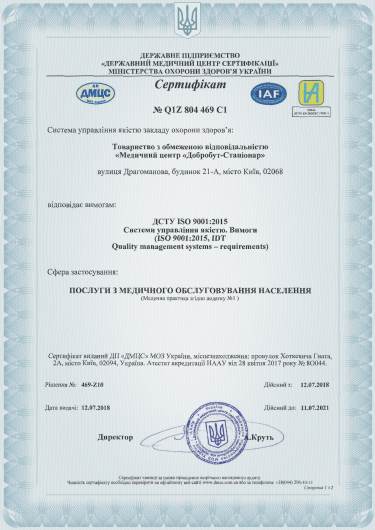
Accreditation certificates
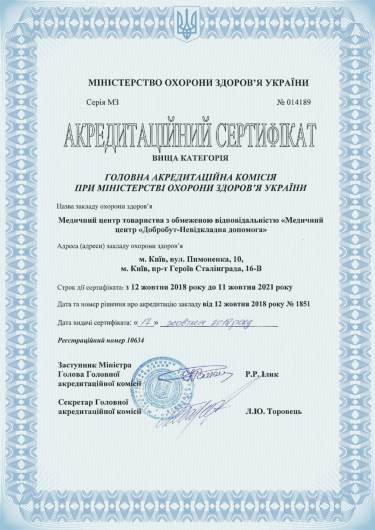
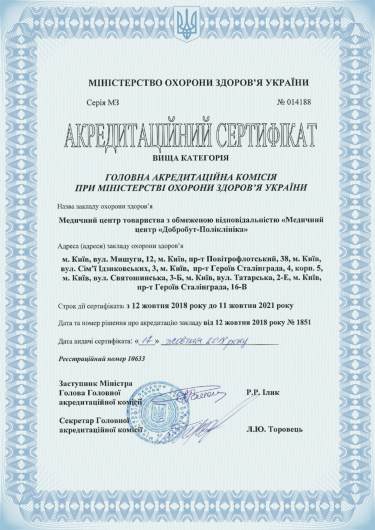
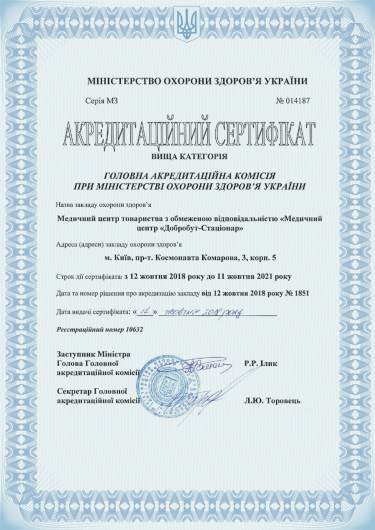
Medical practice licenses
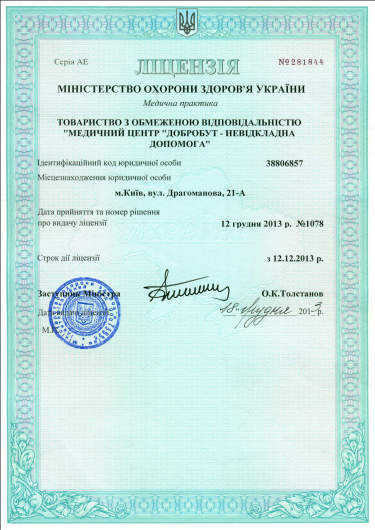
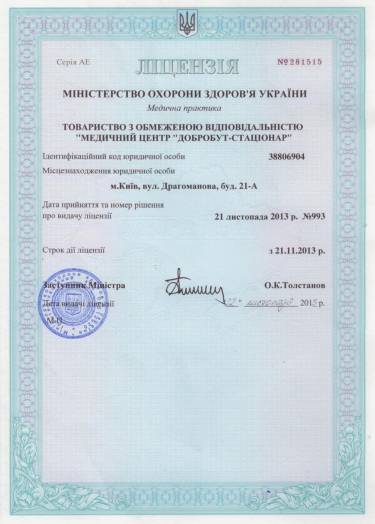
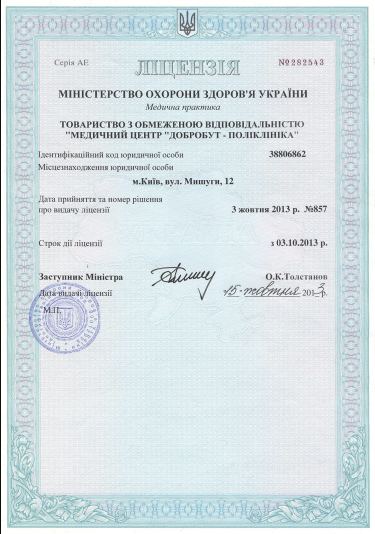
.jpg)





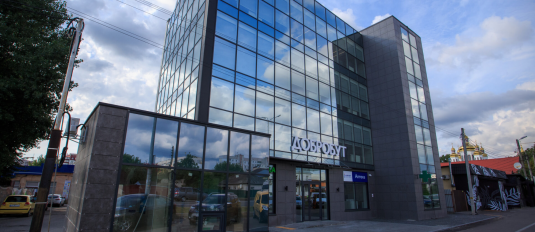









%402x.png)
%402x.png)
